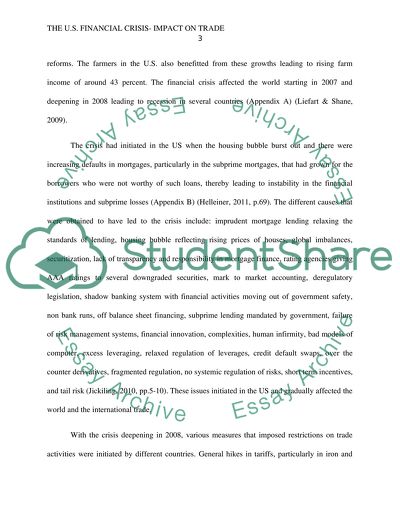Cite this document
(“The U.S. Financial Crisis- Impact on Trade Research Paper”, n.d.)
Retrieved from https://studentshare.org/macro-microeconomics/1457137-the-us-financial-crisis-impact-on-trade
Retrieved from https://studentshare.org/macro-microeconomics/1457137-the-us-financial-crisis-impact-on-trade
(The U.S. Financial Crisis- Impact on Trade Research Paper)
https://studentshare.org/macro-microeconomics/1457137-the-us-financial-crisis-impact-on-trade.
https://studentshare.org/macro-microeconomics/1457137-the-us-financial-crisis-impact-on-trade.
“The U.S. Financial Crisis- Impact on Trade Research Paper”, n.d. https://studentshare.org/macro-microeconomics/1457137-the-us-financial-crisis-impact-on-trade.


